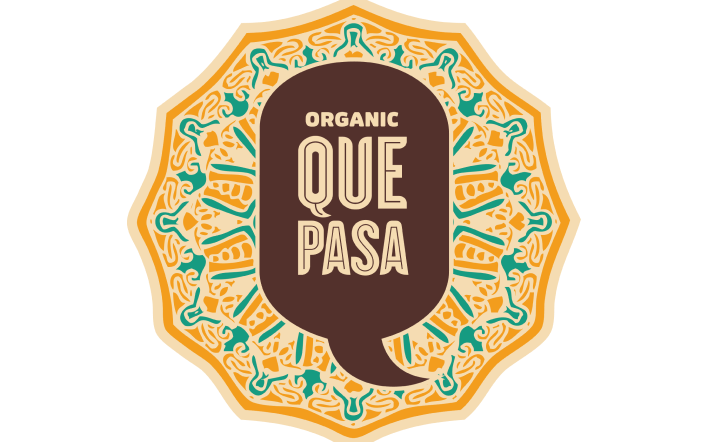
Mindfulness & Healthy Eating for the New Year
By Desiree Nielsen
One of my favorite things about the New Year is the feeling of a fresh start. It might be totally illogical to feel like you hit the restart button with the passing of a single minute, but the New Year always helps me reflect and refocus on my goals. For some of you, that fresh start might include a rethink of your current eating habits. However, before you rush out to buy the latest diet book or scour the Internet for a new nutrition strategy, consider focusing inward. One of the most important steps you can take to improve your healthy eating habits has nothing to do with the food itself. It’s time to get mindful. The term mindfulness gets bandied about a lot in wellness because it is a subtle, yet powerful, tool for improving your life. What exactly is mindfulness? It’s about paying attention. Focusing on the thought, the task or the action at hand. Not judging. Not criticizing. Just paying attention. Think about how distracted we all are, especially when it comes to eating. Most people don’t make eating a separate activity. We eat while we do other things: while we drive, work or watch TV. This is a shame because the act of eating can be such a joyous, pleasurable event. Being more aware of food in our day has the potential to bring us a lot of happiness. And yet, we pay far less attention to our plate than our Twitter feed. Like I said, it’s time to get mindful. Mindfulness is extremely useful before you make dietary change. How you live your life should inform how you make change, not the other way around. Are you super busy? Then a dietary strategy that requires hours of food prep isn’t going to last long. Make time to evaluate exactly what it is you are hoping to change and why. Then ask yourself, what it is about your current habits that has suited you until now? When you write down what you like to eat, how you like to eat and what your schedule is like, it will make it easier to decide what kind of change is actually going to work for you.
Let Go of Mindless Munching
If overeating is a concern, mindfulness can help shine a light on matters of craving and snacking. North Americans typically over-snack; snacks are becoming (usually less healthy) meals. When the impulse to snack hits, press the mindfulness pause. Are you truly hungry? Or are you bored? Do you want chips because you actually want chips or do you just want to crunch through something, like some almonds or granola? Maybe what you truly want isn’t food at all. Maybe you really need a nap, a bath or a cuddle. Remember to pay attention without judgment. You may be surprised at how often you are eating out of habit (like in front of the TV) when you aren’t actually experiencing the sensation of hunger. If you are truly hungry, eat. Choose a portion that will fill you up until your next meal. And don’t eat directly out of the container.Enjoy the Simple Things
Mindfulness can also help you appreciate and enjoy the food you are eating more. Overeating may stem from the fact that we aren’t actually aware we are eating. Without attention, we don’t really taste what we are eating and remain unsatisfied. Distraction really influences our junk food choices. Most conventional, over-processed snack food doesn’t actually taste that good … it tastes of chemicals. If you actually focused on the act of eating and how those foods taste, would you actually still like those artificially flavored cookies? The answer might be no. Being mindful will help you shift your diet to better quality foods and allow you to eat until satisfied, without overdoing it. But it takes work. Ready to start the New Year on a more mindful note?Mindful Eating Practices to Explore
1. Eat at least one meal with zero distractions from screens. Be sure to look at and smell your food before tasting it. Put your fork down in between bites. See how it changes your experience. Do you eat less? Enjoy it more? 2. Every time the urge to eat outside of mealtime hits, have a drink of water and ask yourself:- Is my body physically hungry or do I just need distraction/entertainment?
- How much do I need to eat to get me to my next meal?
- What do I truly want to eat?
Would you like to be the first to hear about our new products and more? Sign up for our Nature’s Path Newsletter.





